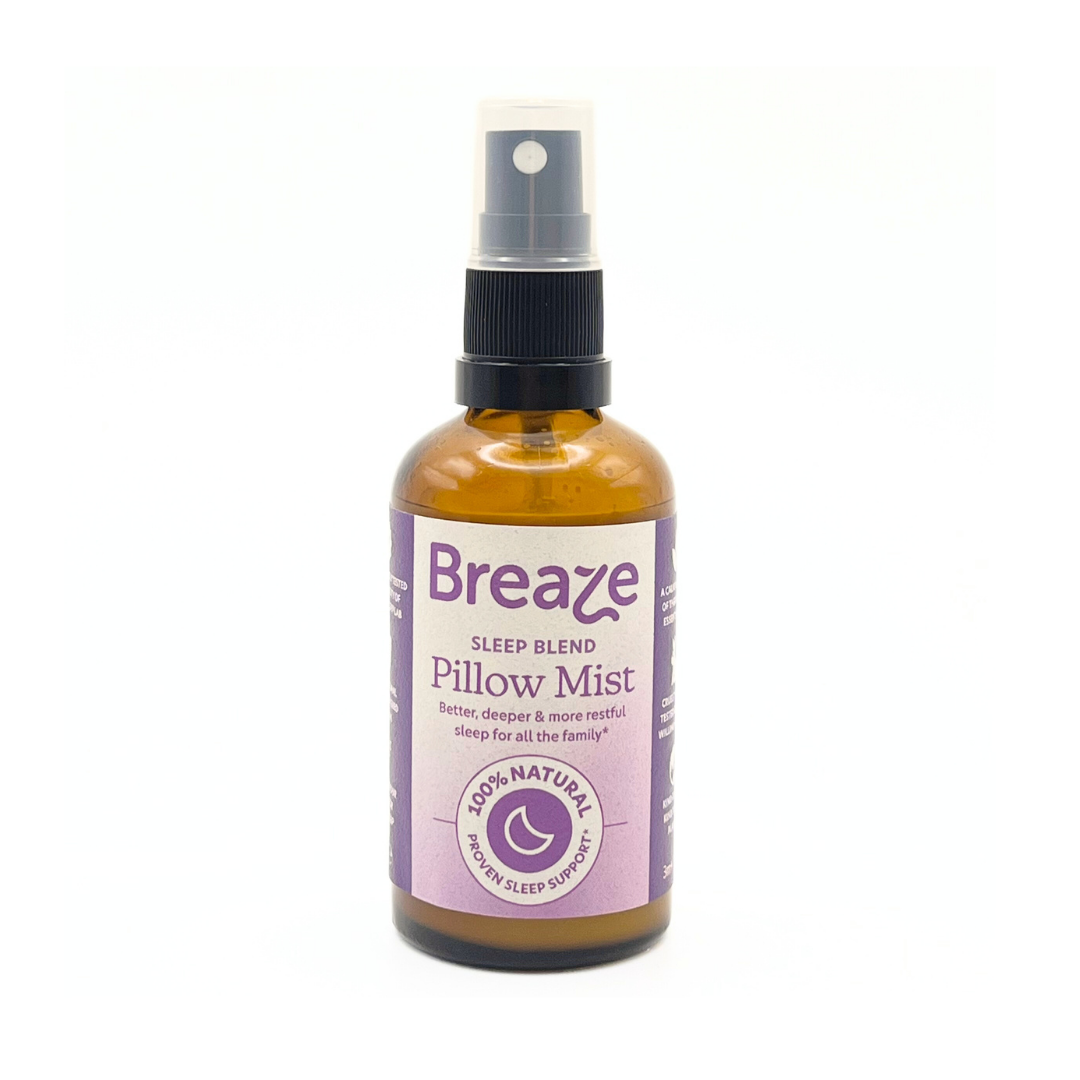Hay fever & exams - Tips for weathering a perfect storm
It’s a terrible truth that peak hay fever season always coincides with GCSE and A-Level exams in May and June – affecting millions of young people just when they need to be at the top of their game.

Too often hay fever’s dismissed as a trivial issue, but it can have a real impact on exam performance. One study shows that students who had hay-fever symptoms on the day they were sitting an exam were 40% more likely to drop a grade from their predicted results. This figure rises to 70% in those taking certain types of antihistamines that can cause drowsiness*
This May around 1.2 million 16 and 18 year olds will begin sitting their GCSEs and A Levels.
Alllergy UK reports that up to 49% of the UK population suffers from hay fever and it’s on the increase - up to 37% say they have developed hay fever in the last five years. It’s caused when the body’s immune system overreacts to otherwise harmless foreign airborne particles like pollen, dust or pet dander. The immune system sees these allergens as a threat and releases chemicals called histamines in response.
Histamines create inflammation and unpleasant symptoms as your body fights to get rid of the allergens. A thick, stuffy head, fatigue, runny, itchy or blocked nose, puffy, itchy eyes and constant sneezing are typical. The symptoms can make getting a good night’s sleep difficult too. It all adds up to a perfect storm.
The inevitable stress of exams can increase histamine response - poor sleep can also lead to increased stress levels which in turn, you guessed it, further increases histamine levels.
Some conventional treatments like certain antihistamine tablets can lead to drowsiness – far from ideal when revision and exam performance are at stake. So what’s the best approach?
There’s no doubt that a daily antihistamine tablet is the go to treatment for hay fever. There are many different types available but some can cause drowsiness. Look out for so called ‘second generation’ antihistamines which are less likely to cause drowsiness – opt for those containing the active ingredients loratidine, cetirizine or fexofenadine.

As well as drug based therapies and trying to avoid pollen (easier said than done) there are lots of other things you can do to support your stressed out teens. Here are my top tips:
Drink lots of water – dehydration can lead to increased levels of histamine and keeping well-watered helps with concentration too.
Eat foods that are naturally anti-inflammatory – opt for colourful fruits and veg like broccoli, spinach, raspberries, blackcurrants & cherries. Nuts, avocado and olive oil also help with inflammation as does oily fish and olive oil. Cutting down on sugary foods and overly processed fatty foods is a smart move too.
Try essential oils – Many have natural soothing properties.
The next few weeks are going to be challenging for anyone with hay fever and none more so than those doing exams.
Good luck, we’ll see you on the other side in a few weeks when the storm clouds have lifted!


